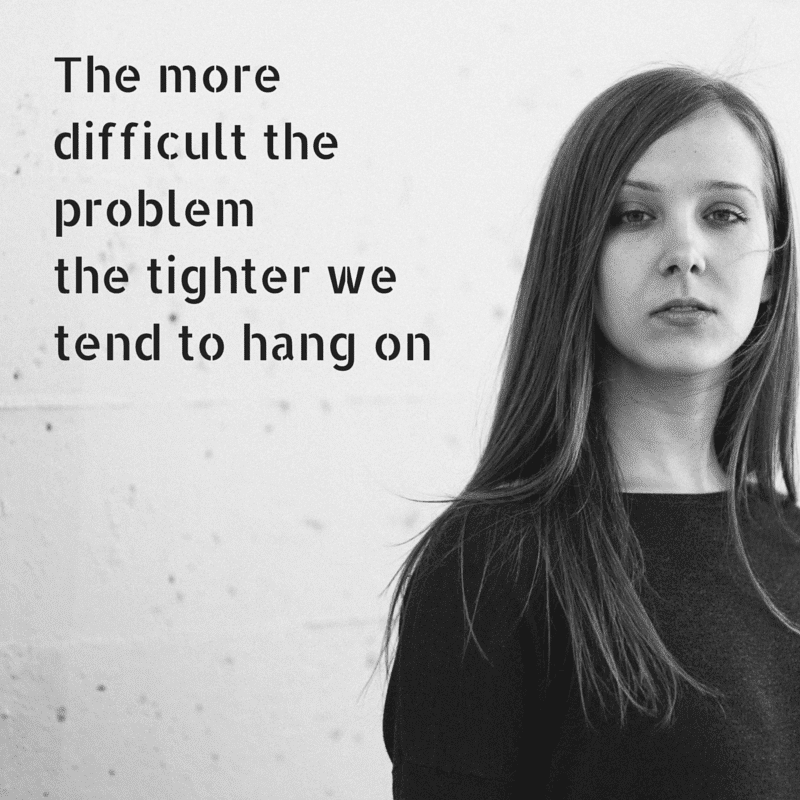Often I travel over some sharp twisty roads. One of these roads has a large hill, and just on the other side, there is a beautiful view with a fence that has been driven through. The driver didn’t take notice of the early warning signs.
There are signs to tell drivers to slow down, but for this driver, the signs were ignored, boundaries were crossed and lives put in danger.
If you know the signs, then you can avoid the catastrophe.
From fast-paced highways to beautiful quiet country roads I am extremely thankful for people who have gone before me and put some signs up to tell me of potential dangers, sharp corners, pedestrians, trains, etc.
They both protect me, and others from danger.
In Mental Health we also have signs.
They may not be clear visual yellow boards, stop signs or flashing lights, but they are there all the same.
One of the difficulties people with mental illness have is in the asking for help. They feel people may not take them seriously, that they are attention seeking, or that they are putting burdens on others. All of this can create an isolation where a vulnerability to unwellness is formed.
For full and ongoing recovery from Mental Unwellness, there has to be, and I stress HAS TO BE, a community of supportive people.
Family, friends, work colleagues, as well as professional supporters such as nurses, counselors, doctors, support workers, etc. People who have got your back and can see signs of danger that you might be blind to.
Do you have a group of people around you that look out for each other? People who will point out to you the danger signs and blind spots?
Are you in a relationship with a few others where there is a mutual commitment to watch out for each other.
I keep coming back in my thinking to what I consider Jesus always thought the church was meant to be like.
And when two or three of you are together because of me, you can be sure that I’ll be there. Matthew 18:20
In this tight little relational conversation, there is a deep knowing of each other — a meeting where vulnerabilities are shared, and gentle questions raised.
- How are you, and I really mean, how are you?
- What has been happening in your soul lately?
- What is your greatest delight at the moment?
Instead, relationships are generally kept on the surface, light and even fluffy.
For ongoing and developing mental health to flourish, relationships are needed with others that will ask gentle and supportive questions.
I need people who will ask me about my Early Warning Signs. People who are so versed in me that if I spin them a line of ‘I’m ok’ then they will ask deeper questions.
People who care long and deep enough about me to check in with me and ‘call a spade a spade’ if needed.
‘You’re going downhill, you need help, and I am going to help you get it.
Do you struggle with asking for help when you need it? Perhaps you don’t know what to say or who to say it to.
Recovery and maintaining mental wellness is an activity of a community not of individuals trying harder.
One of the keys I have found is to work out your Early Warning Signs
Eight steps to discovering wellness through knowing your Early Warning Signs
- Write a list of all your supporters. Family, friends, doctors, nurses, support workers, pastor …
- Write on a piece of paper what signs you observe in yourself that are signals of increasing unwellness
- Draw a graph like this. There is a link at the bottom of this post to download a worksheet

Early Warning Signs Worksheet - Write on the graph the various signs of unwellness in order. Don’t worry if you get the order mixed up, you can come back to it later and adjust it.
- Show your supporters your graph and ask them for input. Maybe they have seen signs that you haven’t seen. Add these in. Ask them about the order of where they have seen these signs.
- Try and get any signs that show up in the very earliest stages. I remember hearing of one person saying that hearing her son whistle was a very early warning sign that he was becoming unwell. Not that everyone that whistles are showing signs of unwellness but for him it was.
- Write down what needs to happen when these signs start to show themselves. It might be doing some breathing exercises, problem-solving or it could be contacting your doctor.
- Review it regularly with your team. Anything needing to be added, altered, changes?
Here is a list of early warning signs that might be helpful
- Recent social withdrawal and loss of interest in others.
- An unusual drop in functioning, especially at school or work, such as quitting sports, failing in school, or difficulty performing familiar tasks.
- Problems with concentration, memory, or logical thought and speech that are hard to explain.
- Heightened sensitivity to sights, sounds, smells or touch; avoidance of over-stimulating situations.
- Loss of initiative or desire to participate in any activity; apathy.
- A vague feeling of being disconnected from oneself or one’s surroundings; a sense of unreality.
- Unusual or exaggerated beliefs about personal powers to understand meanings or influence events; illogical or “magical” thinking typical of childhood in an adult.
- Fear or suspiciousness of others or a strong nervous feeling.
- Uncharacteristic, peculiar behavior.
- Dramatic sleep and appetite changes or deterioration in personal hygiene.
- Rapid or dramatic shifts in feelings or “mood swings.” Source: Warning Signs of Mental Illness
Some quotes to consider
- A human being has so many skins inside, covering the depths of the heart. We know so many things, but we don’t know ourselves! Why, thirty or forty skins or hides, as thick and hard as an ox’s or bear’s, cover the soul. Go into your own ground and learn to know yourself there. Meister Eckhart
- The more you know yourself, the more patience you have for what you see in others. Erik Erikson
- Know yourself to improve yourself. Auguste Comte
- Know yourself. Don’t accept your dog’s admiration as conclusive evidence that you are wonderful. Ann Landers
Click here to download Early Warning Signs Worksheet
Barry Pearman
Image cc: Bernard Hermant





